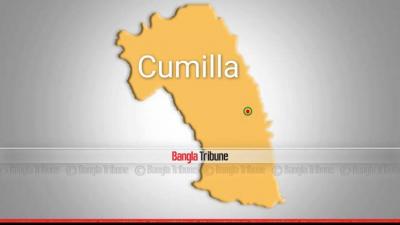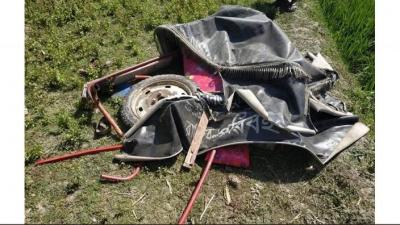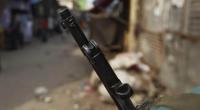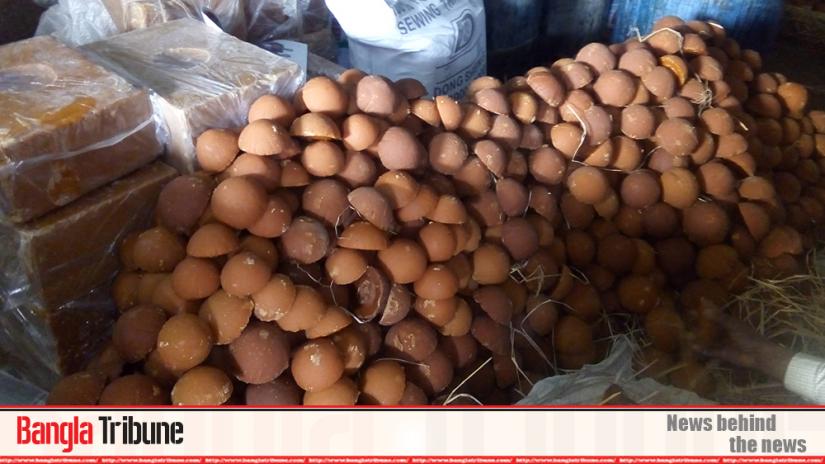 Date juice collectors in Rajshahi, who were unsettled due the sudden outset of deadly Nipah virus, have managed to mitigate the crisis and turn the problem into a blessing by modernizing the production process with almost 20,000 tons of date palm jaggery produced, worth Tk 1 billion this winter.
Date juice collectors in Rajshahi, who were unsettled due the sudden outset of deadly Nipah virus, have managed to mitigate the crisis and turn the problem into a blessing by modernizing the production process with almost 20,000 tons of date palm jaggery produced, worth Tk 1 billion this winter.
Nipah virus, a deadly disease which has caused many people to be hospitalized and even many fatalities, has left people very cautious and wary of consuming date juice.
Even the age old Bengali tradition of having date palm juice at breakfast came to a stop after a total of 33 outbreaks of the deadly virus in the last decade since 2001.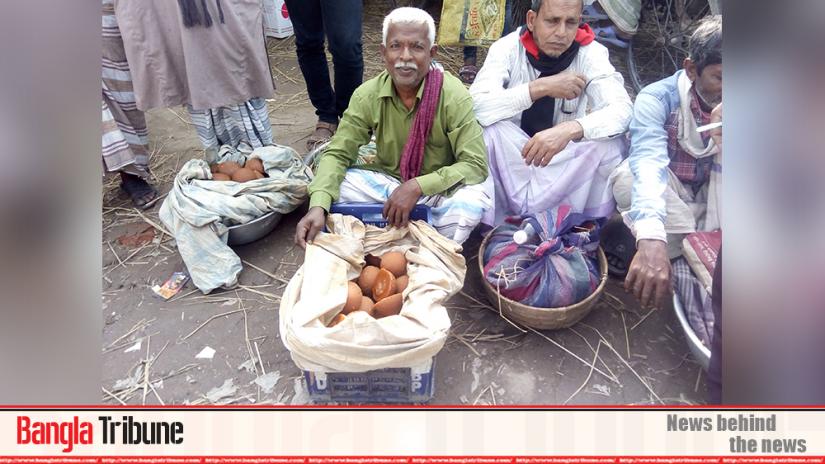 A person can contract the virus both from other people and from animals.
A person can contract the virus both from other people and from animals.
It was mostly spreading via date unfiltered juice which had been contaminated by bats in Bangladesh, thus having fresh date juice was frowned upon by the government.
However, jaggery made from date juice can be used in making rice cakes and solid molasses and can be taken without any risk of contracting the Nipah virus.
Thus juice collectors locally known as "gachi" and jaggery makers are busy producing and marketing the pure products to the local market.
In Natore, hundreds of people from Bonpara, Lalpur, Singra, Naldanga, Bagatipara, and Gurudashpur are involved in this seasonal business, making 11,520 tonnes of jaggery on 480 hectares of land and earning over Tk 800 million each year, says the district's Department of Agricultural Extension (DAE) office.
Farid, a resident of Sadar's Dighapatia area, says he has leased out five of his date trees to a local gachi of the area, and gets a part of the jaggery in return, which he uses for making cakes and other dishes throughout the year.
Askan from Baraigram and Ratan from Lalpur, both jaggery vendors, say they took lease of the trees from their neighbours and sold their jaggery at Tk 76 each kg.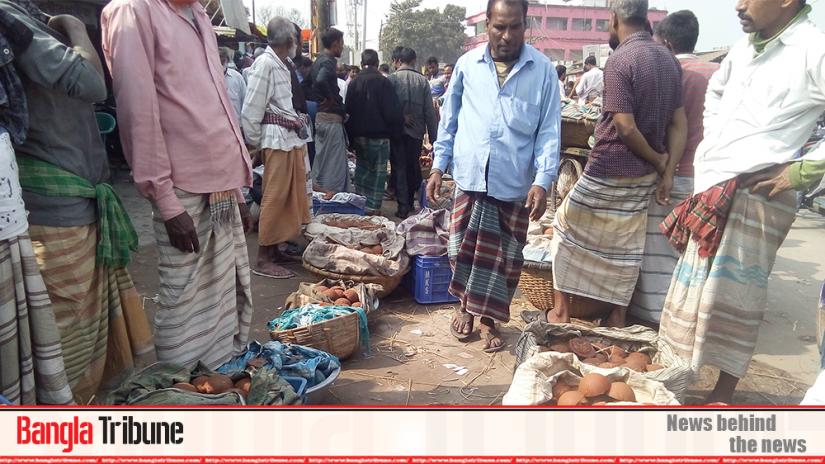 Pijush, a local merchant who owns ten date storehouses, said: "We sell 60 tonnes of date jaggery weekly and a kg is worth Tk 90-100 in the retail market."
Pijush, a local merchant who owns ten date storehouses, said: "We sell 60 tonnes of date jaggery weekly and a kg is worth Tk 90-100 in the retail market."
Natore DEA Deputy Director Subrata Kumar said: "We are monitoring the whole market so that no one can adulterate the process and spoil the nutritious sweet."
However, makers from Rajshahi alleged they are regularly persuaded by a syndicate of vendors to mix sugar in the sweet to make it shiny, which is apparently easier to sell.
"We cannot sell the pure palm jaggery and vendors do not seem to buy it unless we infiltrate the jaggery with sugar, which makes it more alluring to consumers but reduces its quality," said Mokhleshur Rahman, a farmer from Durgapur.
The weekly Baneswar market imports almost 150 tonnes of palm jaggery and sells each kg at Tk 60-70, which can be profitable for farmers if sold at Tk 80-100, said the Rajshahi DAE office.
Rajshahi DAE Deputy Director Md Shamshul Haque said: "When the disease first came into Bangladesh, the farmers were worried about their livelihood but now they are earning more with the jaggery production, without facing any risk from the Nipah virus.
"There are more than eight lakh date trees in the district producing around 8,000 tonnes of molasses, valued at around Tk 600 million every season," he added.
 Country
Country
41298 hour(s) 28 minute(s) ago ;
Afternoon 01:22 ; Thursday ; Jul 03, 2025
How farmers turned their luck around and beat Nipah virus
Send
Abdullah Al Dulal, Rajshahi; M Kamal Mridha, Natore
Published : 09:20, Jan 28, 2020 | Updated : 09:25, Jan 28, 2020
Published : 09:20, Jan 28, 2020 | Updated : 09:25, Jan 28, 2020
0 ...0 ...
/pdn/
Topics: Top Stories
- KOICA donates medical supplies to BSMMU
- 5 more flights to take back British nationals to London
- Covid19: Rajarbagh, Mohammadpur worst affected
- Momen joins UN solidarity song over COVID-19 combat
- Covid-19: OIC to hold special meeting
- WFP begins food distribution in Cox’s Bazar
- WFP begins food distribution in Cox’s Bazar
- 290 return home to Australia
- Third charter flight for US citizens to return home
- Dhaka proposes to postpone D8 Summit
Unauthorized use of news, image, information, etc published by Bangla Tribune is punishable by copyright law. Appropriate legal steps will be taken by the management against any person or body that infringes those laws.
Bangla Tribune is one of the most revered online newspapers in Bangladesh, due to its reputation of neutral coverage and incisive analysis.
F R Tower, 8/C Panthapath, Shukrabad, Dhaka-1207 | Phone: 58151324; 58151326, Fax: 58151329 | Mob: 01730794527, 01730794528

